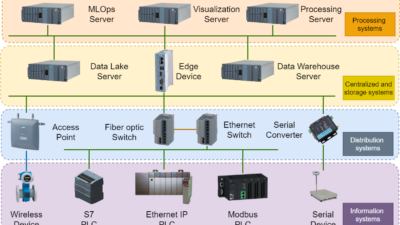Instead of concentrating on the most efficient use of resources when running projects, making efficient use of time is the key to success. This is true from both an operational and a business perspective. This briefing tells why.
Instead of concentrating on the most efficient use of resources when running projects, making efficient use of time is the key to success. This is true from both an operational and a business perspective. This briefing tells why, from two performance standpoints.
Operational performance:
When projects start running out of time, an organization experiences more than just project delays. There are cost overruns, and all too often, compromises in scope and quality. Consider the following:
• Even though managers attack cost overruns by attempting to make their resources more efficient, it is well documented—and common sense—that the longer a project takes, the more resources it will consume. In fact, when pursuing “resource efficiency,” managers actually stretch projects out, which increases costs.
• Adding insult to injury, once projects fall behind, expediting costs are incurred.
• For capital-intensive projects, the longer the project takes, the higher the cost of the tied-up money.
• In multi-project organizations, time also equals throughput. Simply put, the faster a project gets completed, the faster new capacity becomes available to do the next project.
There is no argument that processes and discipline are essential for ensuring that customer requirements are understood and met, and that work gets done with high quality—but these goals are easily compromised when projects come under time pressures. Thus, creating time is vital for following quality processes and resource discipline.
Business performance.
Whether you are developing new products, constructing infrastructure, overhauling aircraft, or shutting down plants for maintenance, the faster the project gets done, the more value it delivers.
• As product life cycles continue to shrink, faster time-to-market translates into higher pricing and larger market shares.
• The faster the infrastructure project gets finished, the faster its benefits start accruing.
• Faster turnaround in aircraft repair and overhaul equates to higher fleet availability with less aircraft.
• Faster completion of plant maintenance frees up higher productive capacity.
Project-based businesses that feed into these value chains are able to create competitive advantages for themselves by guaranteeing on time delivery of their sub-projects. And if they are on the critical path of overall projects, they can even charge a premium!
Despite all the best efforts, only a miniscule number of projects are completed on time, within budgets, or in total scope. If an organization already has difficulties delivering current projects, it’s a big question mark on how it can rise to the challenge of doing more projects faster, oftentimes, with fewer resources.
Organizations need to change how they manage project execution. The change begins with a major recognition: Time is the most precious resource in projects.



